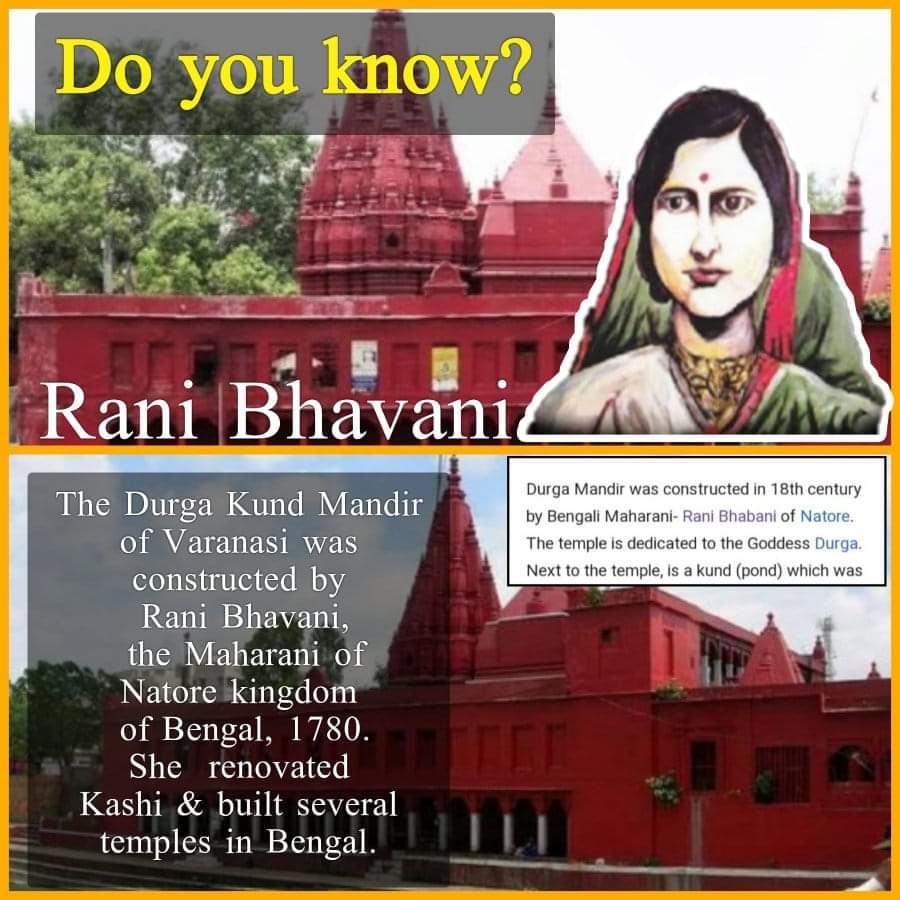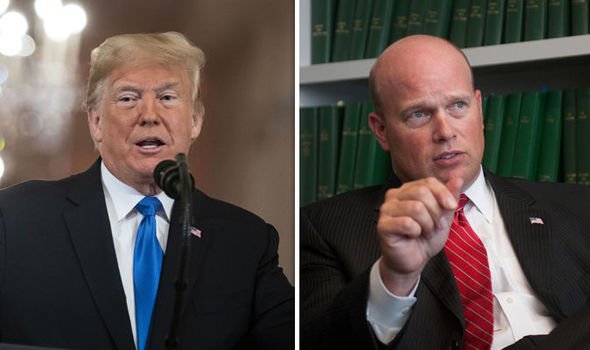VOA has “leaked” the code of conduct for the intra Afghan talks. They have shared 1 page on their website but there 3. Offering details here from the 3 pages that I have seen, knowing that this is not in any way sabotaging the peace process that many of us wish to succeed.
A. The Doha agreement signed on 29 Feb 2020.
B. The desire of the people of Afghanistan for establishing sustainable peace.
C. The commitment of both sides of the negotiators to establishing sustainable/durable peace.
Parties to the negotiations agree on the following principles:
1. The first session will begin with the recitation of verses from the Holy Quran.
2. the other sessions will begin and end with prayer.
4. The negotiations will take place with the intention and faith of succeeding, with honesty and in good faith by both parties in a good/amicable atmosphere.
6. Both sides will listen to speakers carefully and will avoid unnecessary remarks.
7. In case during the negotiations sides don’t reach to a conclusion, a committee should be created from both
8. If during the talks issues around interpretation of Sharia arise, both sides will resolve it together.
9. On important issues parties should seek to balance btwn speed & the time needed for further elaborations.
11.The clerks will take notes from the proceedings & at the end of every session will compare notes. Final reports will be certified by designated delegations chosen by both sides.
https://t.co/rdifHkeKEz the end of every session both sides will agree on a press release so that confusions are prevented. Both sides must refrain from irresponsible remarks.
15.There will be five breaks for prayers.
16.The facilitator and host only will have the role of a host and facilitator and will not be allowed to sit in the meetings.
18.Confidentially is key & leaks that can sabotage the process must be prevented (except agreed press releases by both parties).
https://t.co/d2vbyvBsEX who want to enter the premise of talks under disguise must be kept away.
In principle a very well crafted code of conduct. Sides have overcome major hurdles. Let peace prevail!
VOA report here.
https://t.co/kq68eX0EMz
More from Internet
You May Also Like
#sculpture #story -
Chandesha-Anugraha Murti - One of the Sculpture in Brihadeshwara Temple at Gangaikonda Cholapuram - built by Raja Rajendra Chola I
This Sculpture depicts Bhagwan Shiva along with Devi Paravathi blessing Chandeshwara - one of the 63 Nayanmars.
#Thread

Chandeshwara/Chandikeshwara is regarded as custodian of Shiva Temple's wealth&most of Shiva temples in South India has separate sannathi for him.
His bhakti for Bhagwan Shiva elevated him as one of foremost among Nayanmars.
He gave importance to Shiva Pooja&protection of cows.

There are series of paintings, illustrating the #story of Chandikeshwar in the premises of
Sri Sathiyagireeswarar #Temple at Seinganur,near Kumbakonam,TN
Chandikeshwara's birth name
is Vichara sarman.He was born in the village of Senganur on the banks of River Manni.

His Parent names were Yajnathatan and Pavithrai.
Vichara Sarman was a gifted child and he learnt Vedas and Agamas at a very young age.
He was very devout and would always think about Bhagwan Shiva.
One day he saw a cowherd man brutally assaulting a cow,Vichara Sarman could not tolerate this. He spoke to cowherd: ‘Do you not know that the cow is worshipful & divine? All gods & Devas reside in https://t.co/ElLcI5ppsK it is our duty to protect cows &we should not to harm them.

Chandesha-Anugraha Murti - One of the Sculpture in Brihadeshwara Temple at Gangaikonda Cholapuram - built by Raja Rajendra Chola I
This Sculpture depicts Bhagwan Shiva along with Devi Paravathi blessing Chandeshwara - one of the 63 Nayanmars.
#Thread

Chandeshwara/Chandikeshwara is regarded as custodian of Shiva Temple's wealth&most of Shiva temples in South India has separate sannathi for him.
His bhakti for Bhagwan Shiva elevated him as one of foremost among Nayanmars.
He gave importance to Shiva Pooja&protection of cows.

There are series of paintings, illustrating the #story of Chandikeshwar in the premises of
Sri Sathiyagireeswarar #Temple at Seinganur,near Kumbakonam,TN
Chandikeshwara's birth name
is Vichara sarman.He was born in the village of Senganur on the banks of River Manni.

His Parent names were Yajnathatan and Pavithrai.
Vichara Sarman was a gifted child and he learnt Vedas and Agamas at a very young age.
He was very devout and would always think about Bhagwan Shiva.
One day he saw a cowherd man brutally assaulting a cow,Vichara Sarman could not tolerate this. He spoke to cowherd: ‘Do you not know that the cow is worshipful & divine? All gods & Devas reside in https://t.co/ElLcI5ppsK it is our duty to protect cows &we should not to harm them.





















